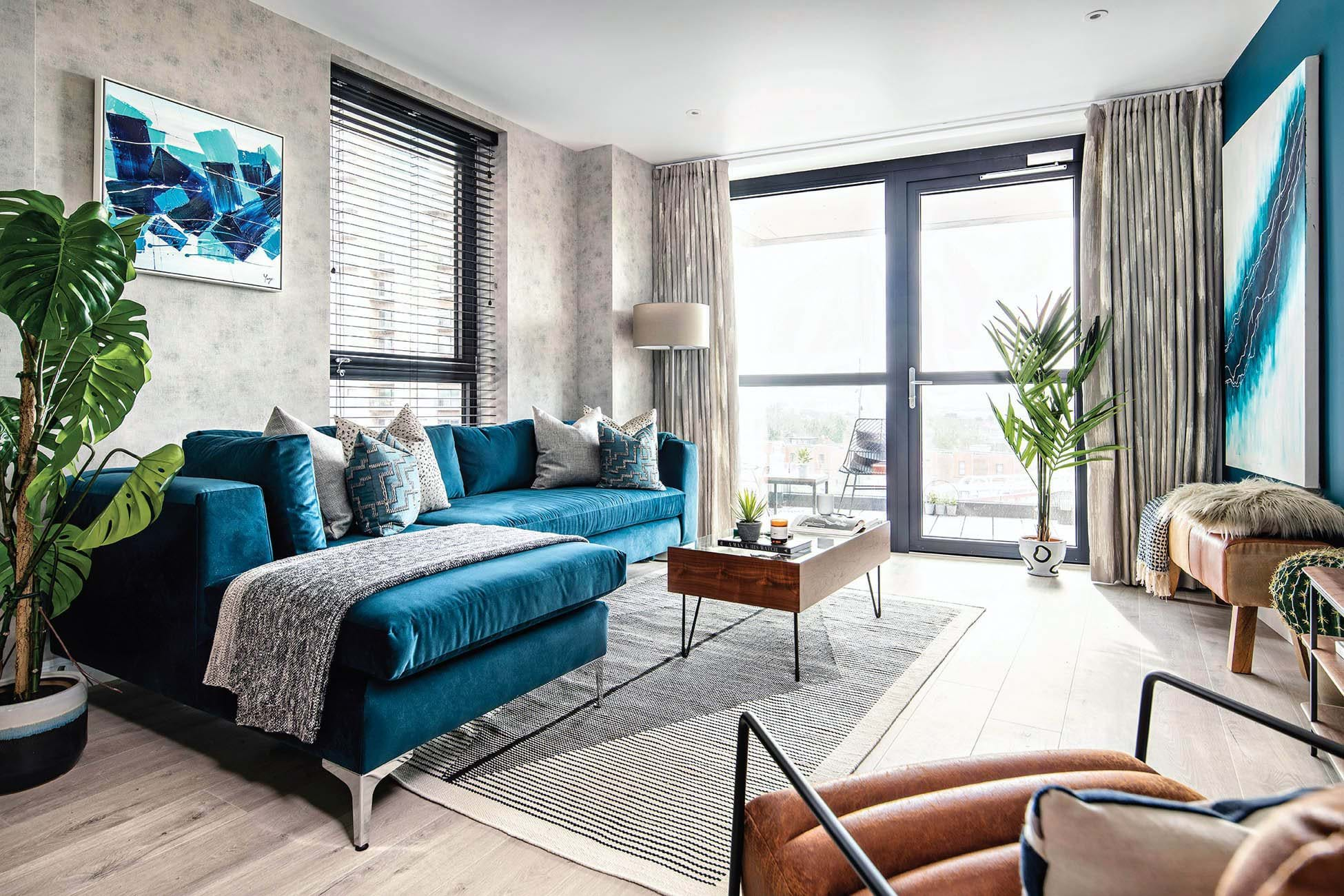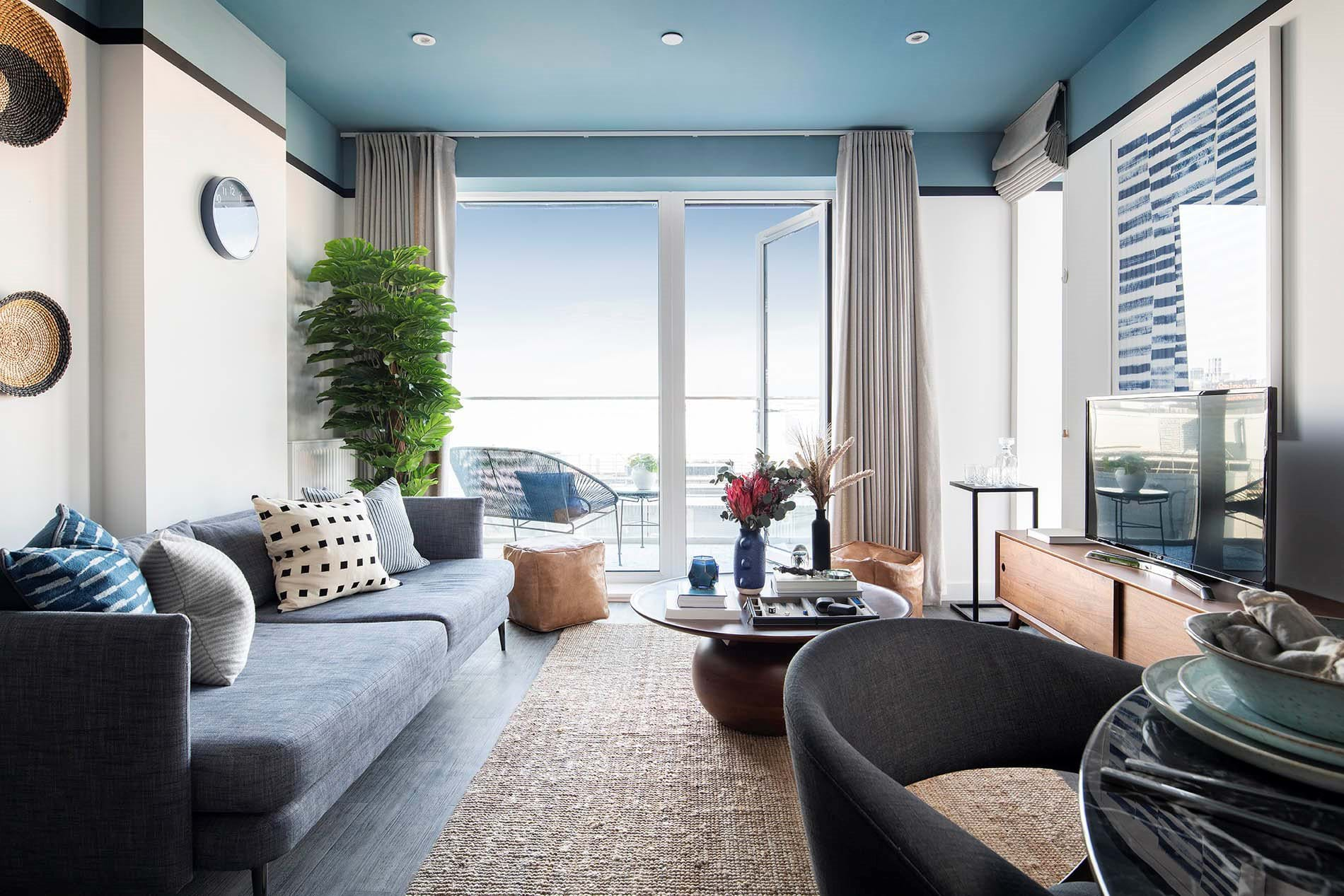Save up to £2,000 on rent this Teal Friday! At Peabody we have chosen to celebrate Black Friday a little different this year, with our very own Teal Friday. For a limited time only, we are offering you the chance to save up to £2,000 on your first months’ rent, when you reserve one of our homes at our stylish selection of developments across London, including:

Williamson Heights - Brent, HA9
Top costs to consider when buying a Shared Ownership Home
Buying your first home is not easy and there are so many questions you don’t have an answer for. For example, how much do you have to pay? There is no secret to that.
We put together a list for you with all the costs associated with the purchase of a Shared Ownership home, to show you just how much this Teal Friday incentive could save you:
Deposit
You must first put down a deposit. Typically, the deposit for a Shared Ownership home is between 5% and 10% of the share you are purchasing. If you buy 25% share of a home with a full value of £300,000 the value of your share is £75,000 and if the required deposit is 5% then you would need to put down £3,750.
Solicitor Fees
The solicitor will have to be instructed before your mortgage application can be submitted. It’s important that they are approved to work for your mortgage lender. A solicitor’s fees are usually fixed costs.
Most brokers will charge a fee that varies from a fixed fee to a percentage of the purchase price
Stamp Duty
As a first-time buyer, when purchasing a Shared Ownership home, you have more options to pay for your stamp duty. First, you will not pay any stamp duty on the first £300,000 of any home that costs up to £500,000.
You can choose to pay the stamp duty on the full value of the property, which during this year means that you could take advantage of the Government stamp duty holiday until the end of March 2021. Or, you could choose to only pay stamp duty on the amount of share that you purchase. The calculation of the stamp duty value can be complicated so it’s best to seek the advice of your solicitor before you proceed to that.
You should not underestimate the costs that you will have with removals. Keep those on your moving list along with all the above.

Valley House - Greenwich, SE7
After you move in
Once you purchase your home and you move in, you will want to know what costs you will have on a monthly basis going forward:
Mortgage
Depending on the share value you purchased, the deposit you put down, the remaining length of your mortgage term and the interest rate, you will have a monthly instalment to pay towards your mortgage.
Rent
The rent will vary for each property, depending on the share you buy and the value of the property when you buy it. It is usually set at around 3% of the unsold equity, however, the exact figures vary on a case by case basis.
As an example, if you wanted to buy a 50% share of a property worth £200,000 the equity you would pay rent on is £100,000. If you divide the unsold equity by 100 and multiply by 3 you will get the total rent payable per annum. You will have a detailed list of the costs associated to the property you want to purchase at viewing, and you will be able to see how much exactly the rent cost is as well.
Other Services
Service charges include maintenance and repairs to communal areas, insurance of the building and, in some cases, the provision of lifts, lighting, communal aerials, door entry systems, cleaning of common areas and grounds maintenance, etc. These charges will also usually include the costs of management.
They are costs paid to the housing association and they can vary from year to year. They can go up or down without any limit other than that they are reasonable.
Insurance
There are 2 types of insurance associated to a home: building insurance and content insurance.
The building insurance is usually the responsibility of the freeholder, in many cases, the housing association, and often this cost is included in the service charge.
The content insurance, which covers furniture, carpets, white goods and personal belongings in a home, is the responsibility of the person living in the property. This is not compulsory, but it is advised to have it as well for your own security.
*Talk to our sales team to find out more. T&Cs apply.